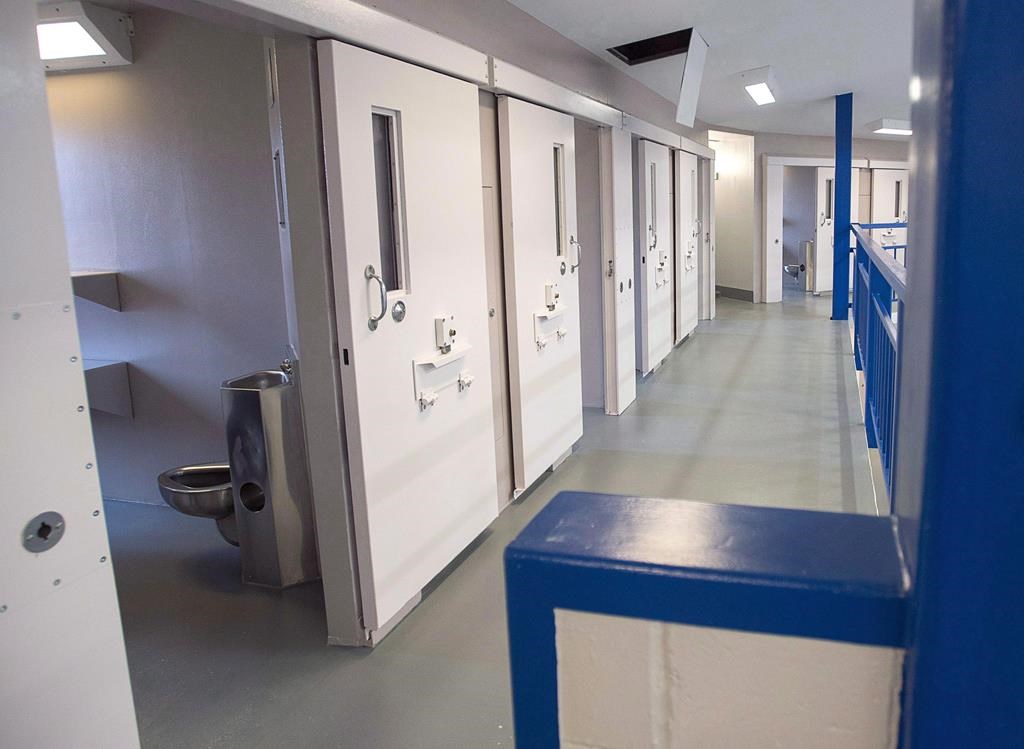Forty-one people serving intermittent sentences in Nova Scotia’s adult correctional facilities won’t have to serve their time behind bars during the COVID-19 pandemic.

According to the Department of Justice, they’ve been granted Temporary Absence Certificates allowing them to avoid incarceration and stay at home until further notice.
READ MORE: Nova Scotia’s correctional facilities restricting visits
“The increased use of Temporary Absence Certificates, during these unprecedented circumstances, is being applied to protect the health and safety of employees and those incarcerated,” wrote ministry spokesperson Barbara MacLean in an emailed statement.
“This poses no threat to public safety, as these individuals are otherwise regularly in the community Monday (to) Friday.”
An intermittent sentence can be imposed by a judge if a convict’s term of imprisonment is less than three months. It means the individual can serve his or her sentence in small chunks, usually on weekends, while fulfilling work and family obligations in their communities.

Temporary Absence Certificates are a pre-existing measure in Nova Scotia’s justice system under the Nova Scotia Correctional Services Act.

Get weekly health news
Those granted the certificates as a result of the COVID-19 crisis will be under house arrest and orders to present themselves upon request by phone or at their doors.
They are forbidden from associating with other people who have criminal records, and consuming drugs or alcohol.
Time spent under these conditions, said MacLean, will count towards the completion of their sentence.
“Correctional Services has the authority to determine how the sentence is served, not to change the length of a court imposed intermittent sentence,” she explained.
READ MORE: N.S. bans evictions while committing funds to Feed Nova Scotia, income assistance
By email, Opposition PC Leader Tim Houston said he supports the move granting leave to 41 Nova Scotians.
“In this instance, I have faith in our judges and judicial system to identify the right course of action,” he told Global News by email.
“During these uncertain times, every sector of our society must adapt, and overcrowding or sickness at any correctional facility poses a heightened risk to the overall safety of the public. We must take every precaution not to overburden our healthcare system.”
Since the COVID-19 pandemic reached Nova Scotia, correctional facilities have taken a number of precautions to prevent the spread of infection among inmates and guards.
Earlier this week, they closed facilities off to volunteer organizations and restricted visits to “non-contact” only.
The measures apply to the Nova Scotia Youth Centre in Waterville, and the province’s four adult correctional facilities: the Cape Breton Correctional Facility, Central Nova Correctional Facility, Northeast Nova Scotia Correctional Facility, and Southwest Nova Scotia Correctional Facility.









Comments
Want to discuss? Please read our Commenting Policy first.